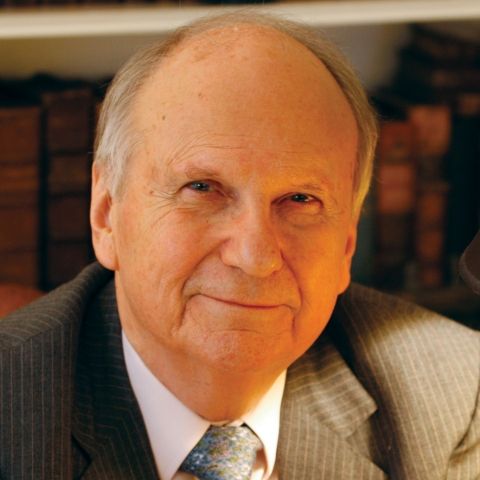
When Dean Andy Abrams asked me to come to Charleston and talk about "The Role of Government," I thought he had in mind a thirteen-week course. I would call it, "From Aristotle to the Tea Party." But, no! He wanted one lecture, a keynote address for a symposium on "The Role of Government."
To give the topic some focus, one suited to a speaker who spends a lot of time thinking about constitutions, I decided to frame the question in terms of constitutional debate-how developments in recent years shape the way we talk about the role of government. I had in mind, in particular, how the constitutional terrain has changed as a reaction to, and since the days of, the Warren Court. To do that, let me take you back to the 1960s, to the heyday of the Warren Court.
Soon after graduating from law school, I found myself blessed with the opportunity to serve as a law clerk to Supreme Court Justice Hugo L. Black. I learned many things from Justice Black. Among them was a better sense of the Founding Era and the framers' Constitution. Another was how important an understanding of politics and the political process can be to a Justice.